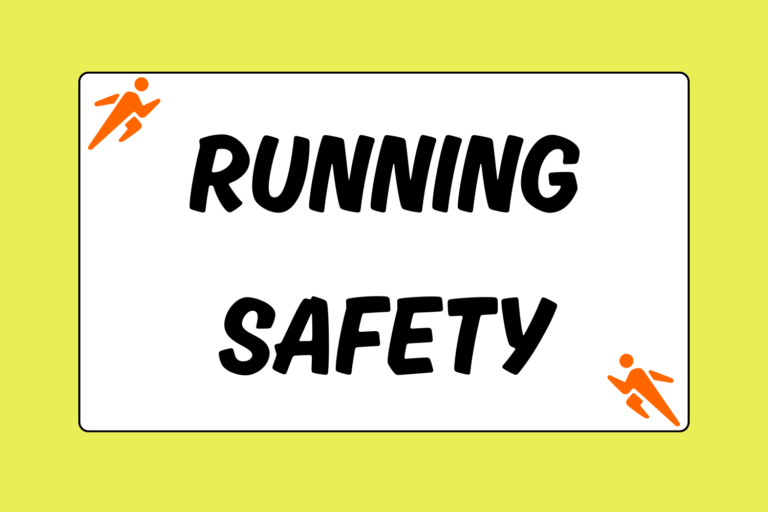As NCAA competition draws to a close, many athletes are faced with the daunting transition between school-sponsored running and the “here after”— when coaches, school support, and teammates are no longer a given and the practicalities of day-to-day life collide with your pursuit of high-performance running.
With this transition comes self-reflection and evaluation, as you try and figure out what priority running should have in your post-graduation life. One of the great things about running is that it is one of the easiest sports to continue. (It’s not like you need eight other players to get in a good game of running.) But jogging to keep in shape and training to reach the highest levels of elite distance running are two very different things.
This guide is about taking the first step towards answering three big questions:
- Should competitive running stay a priority?
- Should I keep running seriously after college with the hopes of it becoming a viable career?
- Should I structure my life and life’s decisions around an attempt to be the best runner I can be?
This is a very subjective, personal process. On some level, everyone thinks they have more to give to the sport and the potential to trade in their running store singlet for issued Team USA gear. The purpose of this guide is not to dash these hopes, but rather to encourage a kind of organized thought process that combines those aspirations with a dash of reality.
This time, instead of giving you the answers, this guide simply provides the right questions:
Have I Shown Consistent Improvement?
This question is particularly directed to runners from large, DI programs who have had access to a lot of resources during their time in school. Look at your personal-best times and compare them to your most recent performances. It is important to take note of your last big breakthrough, the frequency of bad performances and seasons, and your rate of consistency.
What May Have Inhibited My Collegiate Career?
There are a couple of common NCAA experiences that can impact how a person performs:
- Over-Racing: This happens a lot at smaller DII or DIII programs, where athletes race almost every weekend from September through May. It’s no one persons fault, it’s just the nature of the beast. But too little rest and too much racing can often lead to a bit of performance stagnation or injury.
- Coaching: Different coaches work better for different athletes. Your college coach’s style might not been right for you and switching it up might be just the thing you need to get to the next level.
- Team Dynamics: Many smaller colleges have enormous rosters. On the one hand, this creates a wonderful familial team dynamic, but on the other hand, too many bodies prevents a lot of one-on-one time with coaches.
- Location: Maybe your school was in the Deep South and too many hot days left you tired for races; maybe it was in the middle of New York City and the constant pavement beat you up. There are many environmental issues that can add up over four-plus years.
How is My Overall Lifestyle?
Little things can make a difference and details like sleep, diet, and stress can have a big impact on your running performances. If academics took up most of your nights and contributed to a lot of stress during your four years at school (not to mention that finals always falls during NCAA Championships), you may find new energy and performance boosts once you can sleep and rest properly.
A lot of the college lifestyle is not conducive to being an elite athlete. The two-plus nights a week of partying may have taken a toll, but also primed the fire for better performances once things settle down after school. Evaluate your general lifestyle and well being to see if there is more room for improvement.
Have I Been Injured a Lot?
This question can lead you in either direction. If you are frequently injured, it could mean that you have a lot more potential … or it could mean that you have a lot more potential to get injured again.
Bone Injuries
Bone injuries (stress fractures, etc.) can often be attributed to specific circumstances– and more easily avoided by taking some precautions:
Dietary Changes: If you aren’t getting enough calories, your body will not be able to absorb calcium. Or you may need to add more Vitamin D to your diet, a mineral that helps build strong bones.
Change Training Styles: You may just be a lower-mileage person; or your body may not be able to handle high intensity workouts. See which training style (or both) tends to lead to injury and make changes accordingly.
Softer Surfaces: A lot of schools are located in urban neighborhoods, which means a lot of training may involve pavement. Switching to a higher percentage of soft-surface running can help keep your bones healthy.
Move from Altitude: Altitude can be great, but long stints at high elevation (at schools in the Rocky Mountains, for example) can deplete the body, which in turn, can lead to bone-density issues.
Soft Tissue Injuries
A history of soft-tissue injuries should be evaluated a bit more carefully. Tendon injuries can be a chronic problem, and it can be harder to pit-point a cause/effect solution. A change in training styles, new shoes, massage, or form correction may help certain athletes recover. Sometimes, though, an athlete just needs time to heal.
What is My Financial Situation?
Although money should not be the determining factor, it is important to have some sort of plan so that you don’t begin post-collegiate running in debt. There is nothing more distracting then living on the edge of financial impossibility. If you are already there (or will be) in June, then make sure you have a support system in place before you start running from student loans instead of to the finish line.
Making the Decision
These questions are not the end-all-be-all litmus test for post-collegiate running. Nor are they objective and straight forward. Hopefully they guide you in the right direction and prompt honest conversation with yourself, and, ideally, with a coach or mentor you trust to help provide more feedback and objectivity.
In the end, it comes down to desire. No matter the college failures or successes, injuries or health, if you don’t really have the motivation to do this sport at a high level, you will not succeed. If the competitive fire still burns and the will to prepare is strong, then you are definitely on the path to becoming a successful post-collegiate runner.





